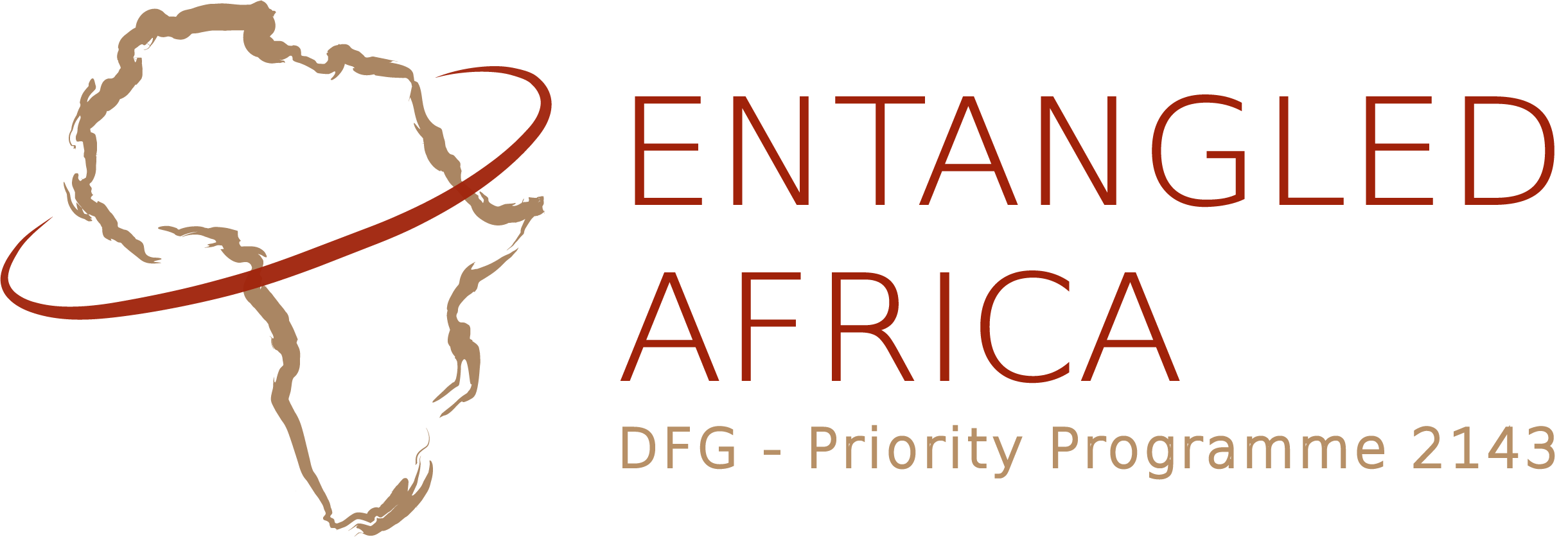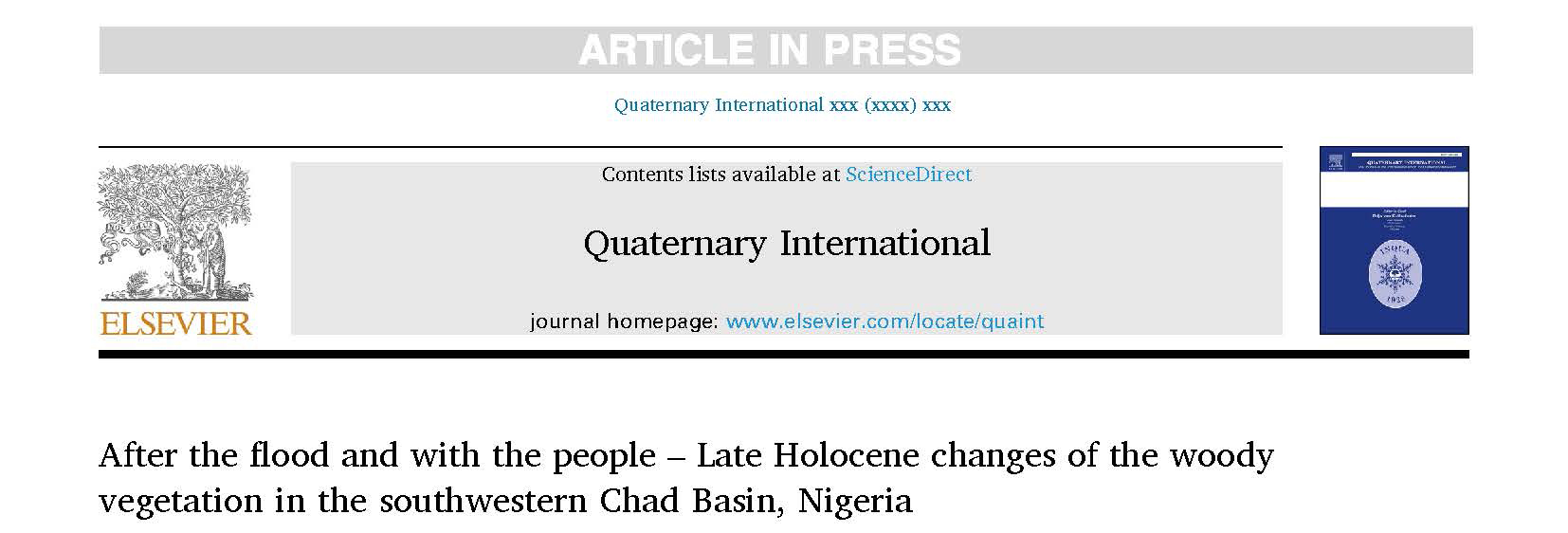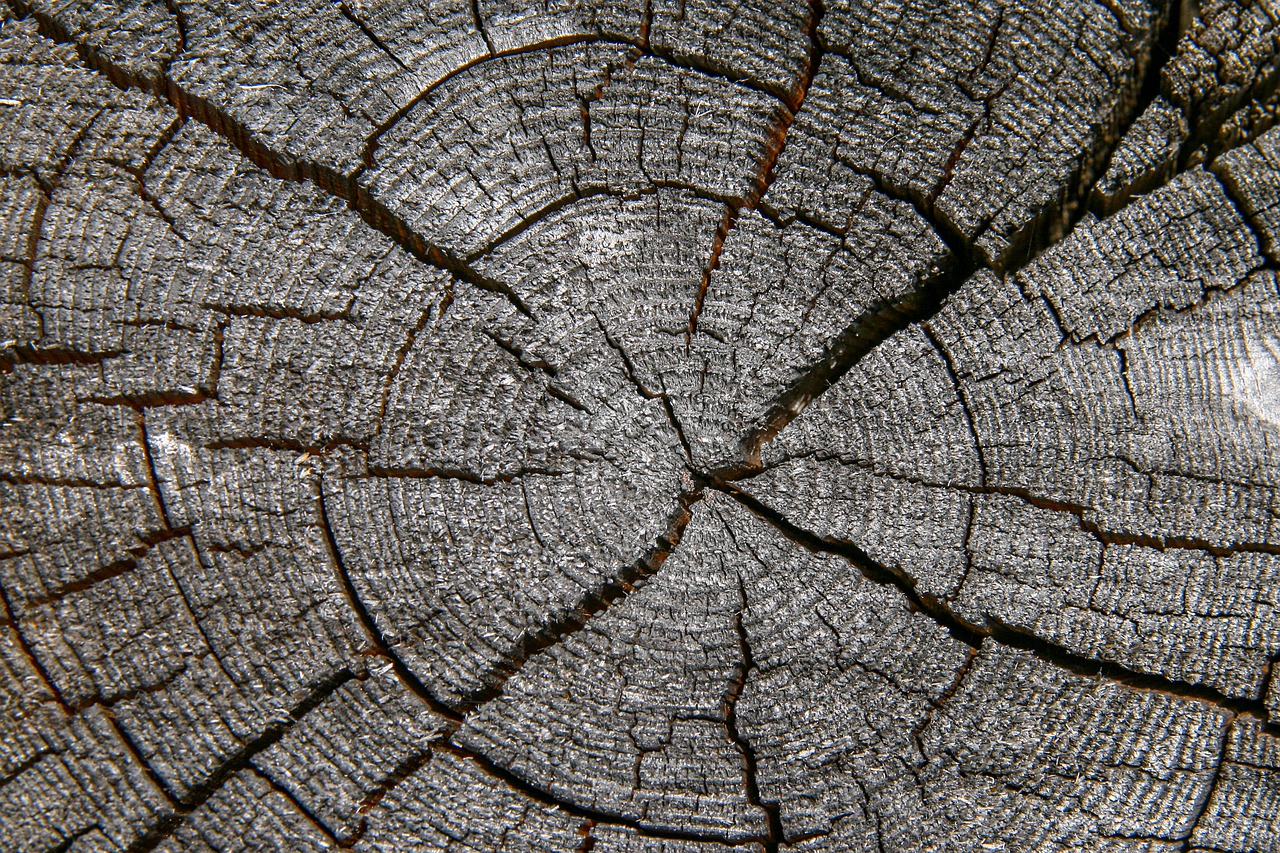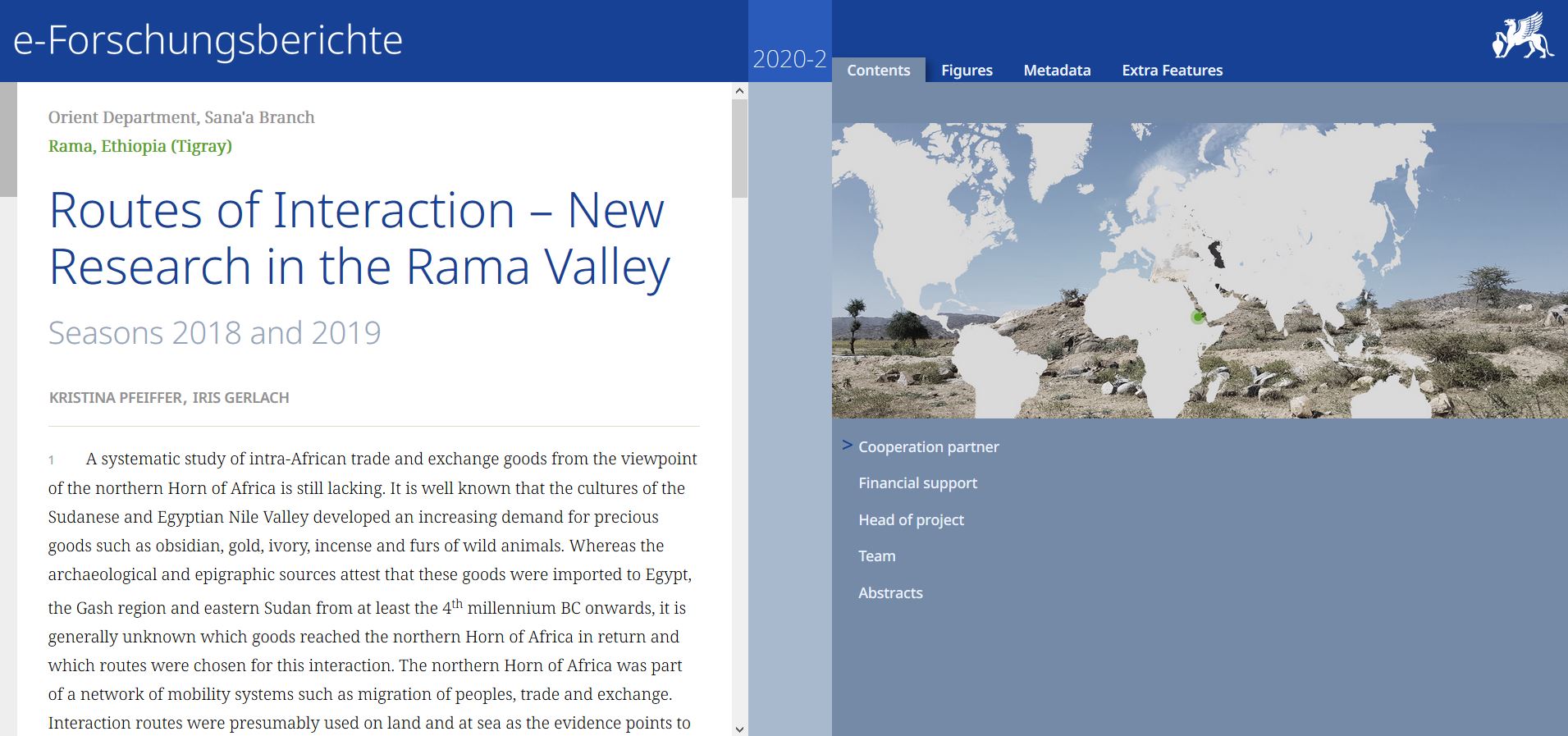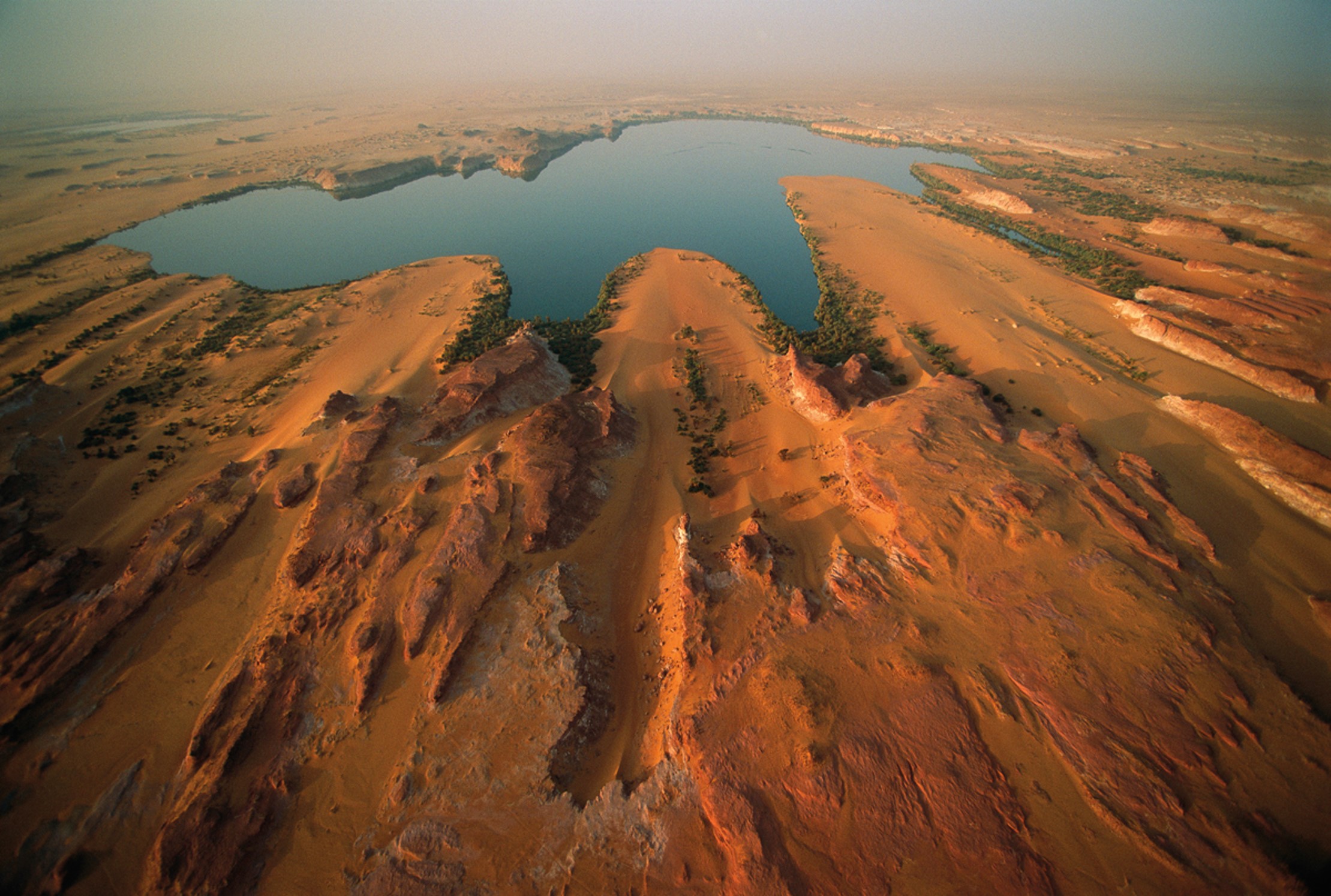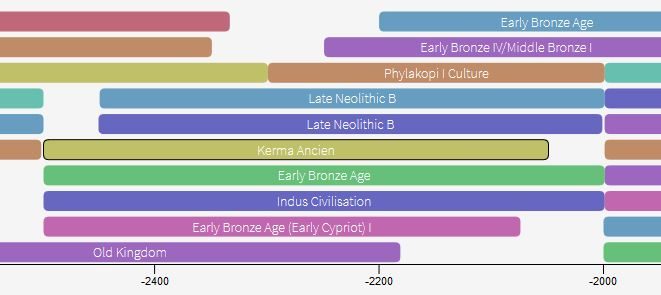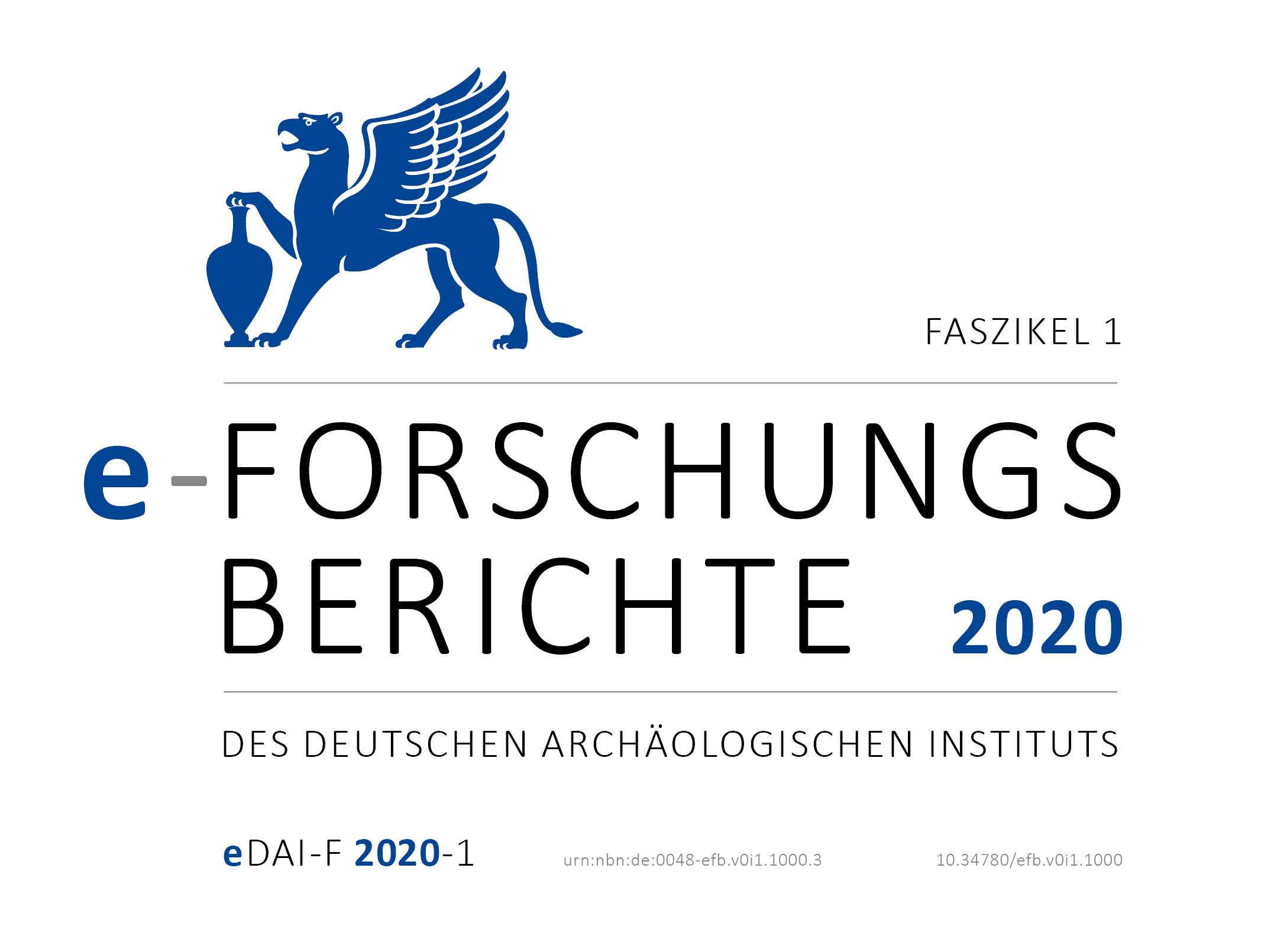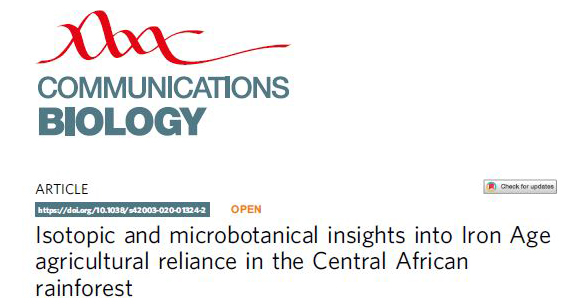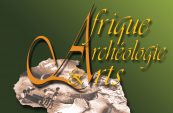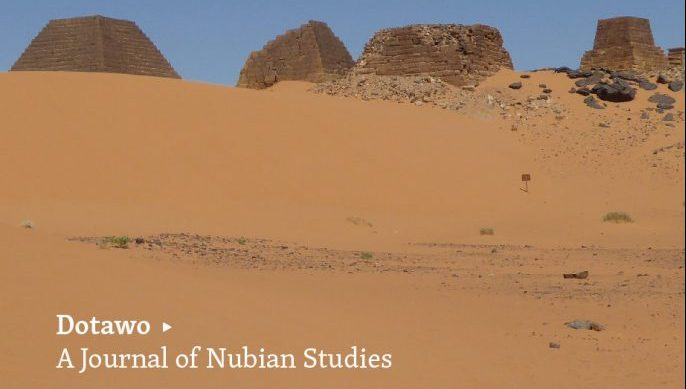The development of cultivated landscapes under the influence of food production has decisively shaped the composition and appearance of West African savannas as present today. With trees and shrubs forming an important constituent of such landscapes, and its composition characterizing different types of land-use, anthracology is a tool particularly well suited to trace developments and changes through human exploitation of the landscape. [...]
SPP project director Ingo Heinrich (P08 – ClimCellMed) succeeded the dendrochronologist Karl-Uwe Heußner at the German Archaeological Institute in Berlin (DAI) on November 1st, 2020. The SPP Entangled Africa congratulates! [...]
In view of the paucity of research, the Islamic archaeology of the Central Sudan and Sahel remains one of the less well known of the African continent. While this also applies to the material legacy of the past six centuries, it is particularly sites and remains from the early period of Islamic influence in the region that are virtually unexplored. [...]
The project »Routes of Interaction« is a collaboration between the Sanaa Branch of the Orient-Department, the Department of Earth Sciences – Physical Geography of the Freie Universität Berlin and the Egyptian Museum – Georg Steindorff, Leipzig University. Embedded into the SPP Programme of the DFG »Entangled Africa«, field work has been carried out since 2018. [...]
Global climate change has been a central topic of worldwide politics and public opinion in recent years. The “Fridays for Future” movement brings the younger generation onto the streets to underline the issue. The current pandemic is hopefully used as an opportunity to overcome the economic crisis that has arisen by providing targeted support for climate-neutral projects. And even the awarding of this year’s Nobel Peace Prize to United Nations World Food Programme is linked to this event. [...]
The project on research data management (RDM) and the coordination of the priority program “Entangled Africa” (SPP2143) pursue a virtual exchange with specialists from the Department of Scientific Information Technology (Scientific IT) of the German Archaeological Institute (DAI), to create new tools for the scientific discourse of all of the program’s projects on the temporal and spatial networking of the inhabitants of North Africa. [...]
Focusing on past culinary practices, the “Connecting Foodways” project explores cross-cultural connections and technological transmission between the Middle Nile Valley and central and eastern Africa during the early Iron Age (ca. 1000 BC – 1000 AD). It is one of twelve projects of the DFG Priority Program “Entangled Africa” (SPP 2143), which explores inner-African relations and thereby develops new perspectives for joint archaeological research in Africa. [...]
The emergence of agriculture in Central Africa has previously been associated with the migration of Bantu-speaking populations during an anthropogenic or climate-driven ‘opening’ of the rainforest. [...]
The history of the Lake Chad region is intrinsically linked to the Kanem-Borno Empire (8th-19th century AD), the earliest, longest-lived and most powerful state in the Central Sudan. [...]
This paper presents some medieval material from remote areas within the Bayuda and the Western Deserts in Sudan, and draws several conclusions about the presence of Christianity and the Makurian administration within them. [...]
